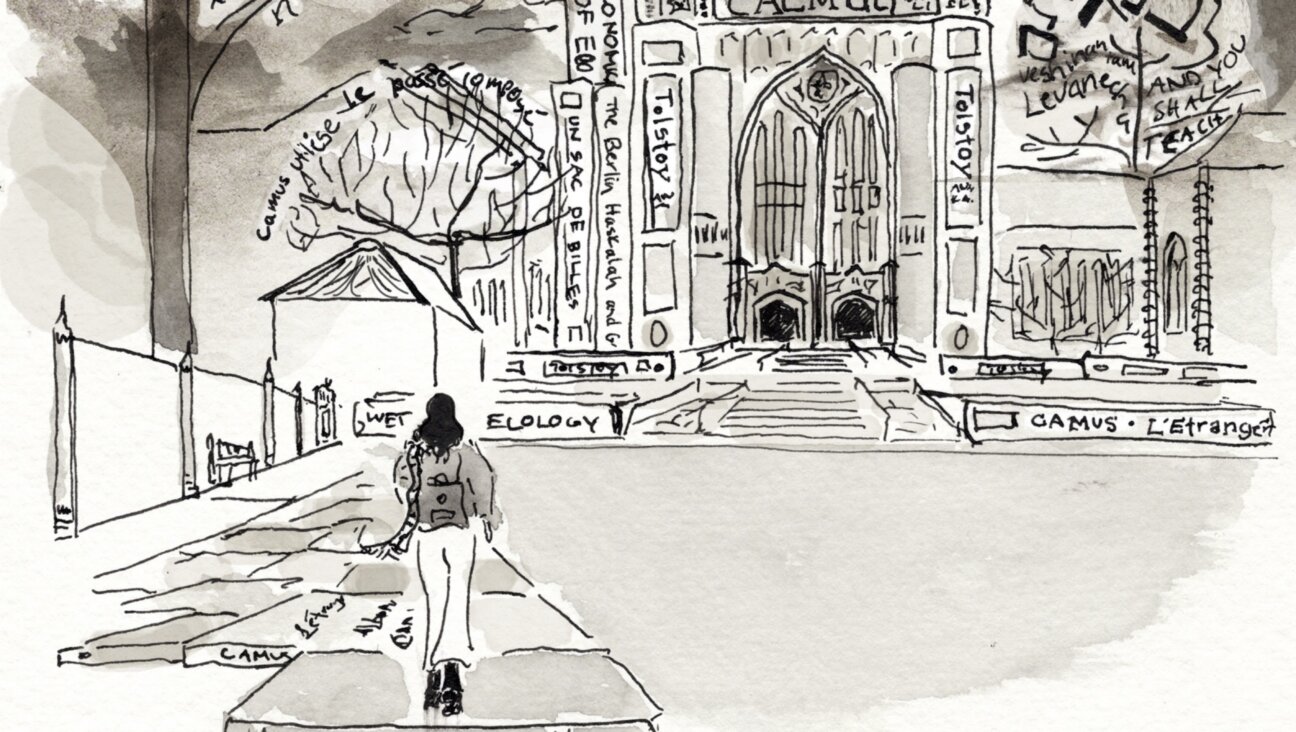Defender of a Dream
Of the many remarkable and laudable traits of the late Edward M. Kennedy, one stands out for us: his ability to understand those less fortunate and his desire to work tirelessly to improve their lives. On the surface, he had little in common with the poor and disabled, with African-Americans still stung by segregation, with Soviet Jews aching for freedom, and yet he championed their causes not just rhetorically, but by employing his ample political skills to help deliver real, tangible legislative change.
One cause — “the cause of my life,” he called it — did resonate personally. Despite his privilege, Kennedy was forced to confront numerous and serious health challenges all his life. The plane crash in 1964 that nearly paralyzed him. The cancers that afflicted two of his children. And, of course, the brain tumor that led to his untimely death on August 25 at age 77. Wealth and status are no match for the mysterious ways of the human body.
But as Kennedy noted many times, his wealth and status did afford him and his family the best treatment American medicine offers. That propelled him to try for four long decades to provide the same to all Americans: decent, quality health care as a fundamental right, not just a privilege. “It has never been merely a question of policy; it goes to the heart of my belief in a just society,” he wrote in July.
And so it should with all of us wishing to honor the legacy of a great statesman. Kennedy was a consummate compromiser, but he clearly articulated several non-negotiable values that ought to be part of any health care reform. It must cover the uninsured. It must cover everyone. It must cut the enormous and unnecessary costs of providing health care, while rewarding quality and positive outcomes. And it must allow people to keep the coverage they already have.
It must, he wrote, “end the disgrace of America as the only major industrialized nation in the world that doesn’t guarantee health care for all of its people.”
There’s no doubt that Kennedy’s illness and absence from Capitol Hill these last many months made the cause of reform that much more difficult. Now his death must serve as a stirring call to action. He so passionately wanted to witness the climax of the century-long struggle to provide health care to all; the most appropriate way to honor him is to defend and implement that dream.
He was ready to go, his wife Victoria said on the day he died. But we were not ready to let him go. No, we were not. Now we as a nation must finish his last, essential task.
















